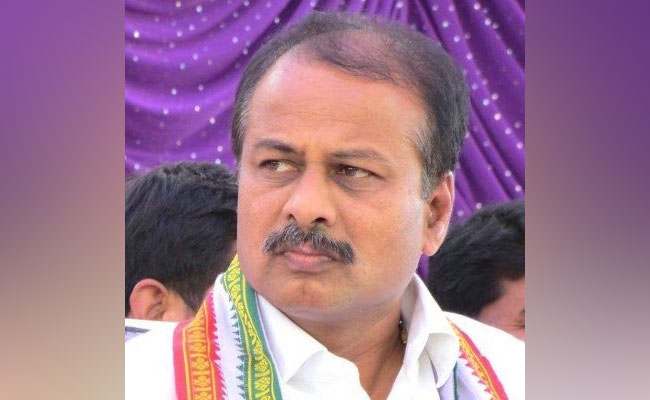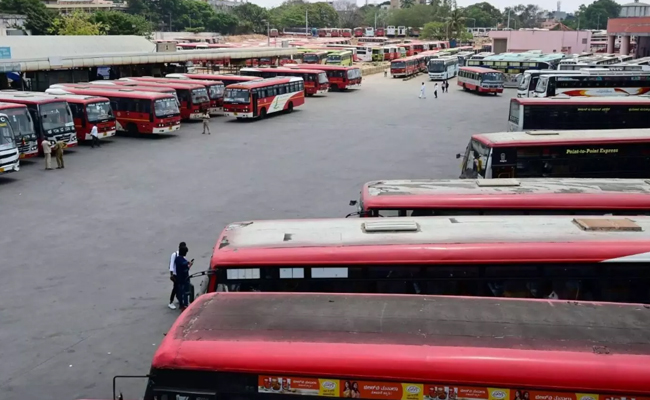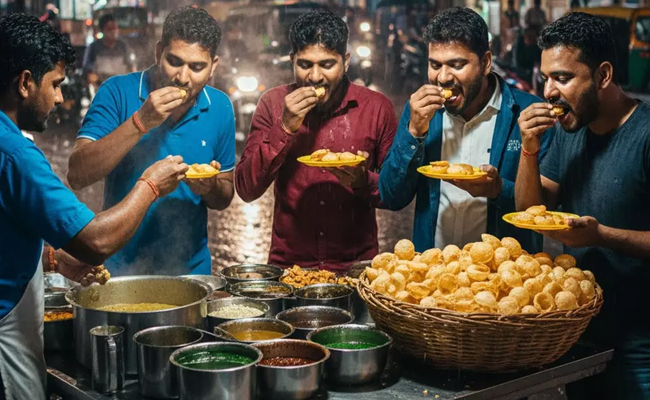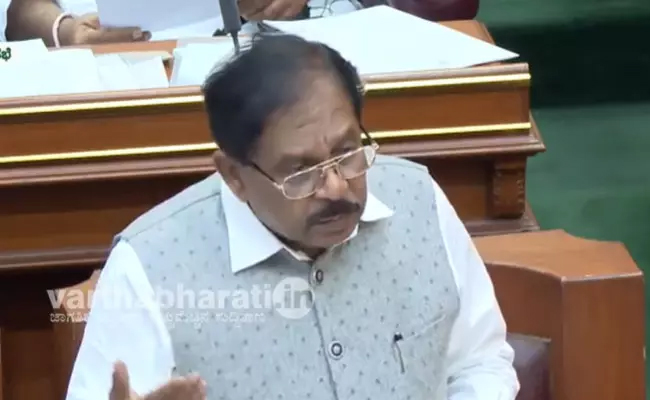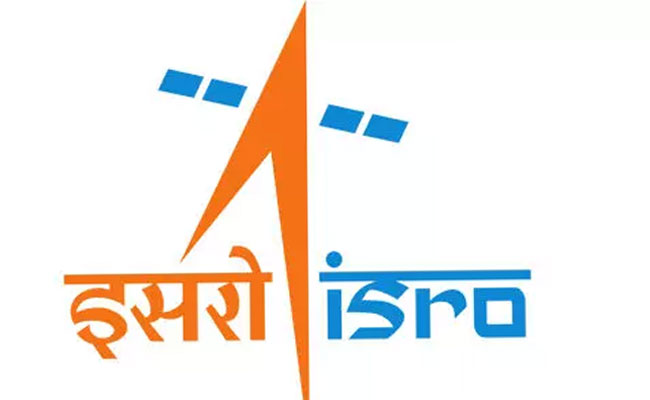Mysuru: Working President of the Karnataka Congress R Dhruvanarayana, aged 61 years, died of heart attack here on Saturday morning.
Dhruvanarayana returned home on Friday night, after attending several events through the day.
After he suffered a heart attack early Saturday morning, he was taken to the DRM Multi Speciality Hospital in Vontikoppal, but passed away.
He is survived by his wife and two sons.
Dhruvanarayana joined the Congress in 1983. He contested the Assembly elections from Santemarahalli in 1999, but lost the polls. In 2004, he became an MLA for the first time after winning by a terribly close margin of one vote against JD(S) candidate A R Krishnamurthy. He was elected to the Assembly from Kollegal in 2008.
The following year, in 2009, he won the Lok Sabha polls from Chamarajanagar and retained the seat in 2014, winning by a huge margin of 1,41,182 votes. In 2019, however, he lost the seat to Srinivas Prasad.
Several leaders of the Congress have expressed grief at the death of Dhruvanarayana, who had been active in the work of the party in Karnataka for several decades.
Karnataka Congress working president R Dhruvanarayana passed away: Dr Manjunath, Doctor DRMS Hospital
— ANI (@ANI) March 11, 2023
He suffered chest pain and his driver picked him up at 6:40am. But he didn't survive.
(Pic: R Dhruvanarayana's Twitter account) pic.twitter.com/AZSa37Fbsi
Let the Truth be known. If you read VB and like VB, please be a VB Supporter and Help us deliver the Truth to one and all.
Bengaluru: The Karnataka State Road Transport Corporation will operate 1000 additional special services in view of the Christmas festival.
In addition to the existing schedule, the special services will run on 19.12.2025, 20.12.2025 and 24.12.2025. Further, special buses will be operated from various places of intra & Interstate places to Bengaluru on 26.12.2025 & 28.12.2025.
Special buses will be exclusively operated from Bengaluru Kempegowda Bus Station to Dharmastala, Kukkesubramanya, Shivamogga, Hassan, Mangaluru, Kundapura, Shringeri, Horanadu, Davangere, Hubbali, Dharwad, Belagavi, Vijayapura, Gokarna, Sirsi, Karwar, Raichur, Kalaburagi, Ballari, Koppala, Yadgir, Bidar, Tirupathi, Vijayawada, Hyderabad and other places.
ALSO READ: Bengaluru: Shopkeeper stabbed for refusing to serve free panipuri
Special buses from Mysuru Road Bus Station will be exclusively operated towards Mysuru, Hunsur, Piriyapatna, Virajpet, Kushalanagar, Madikeri.
The corporation has also announced a discount of 5 per cent on the fare if four or more passengers book tickets under a single reservation. A discount of 10 per cent will be extended on return journey tickets if onward and return tickets are booked simultaneously.
In addition to the above, special buses will be operated from all Taluk/District Bus Stands in the jurisdiction of KSRTC based on the traffic needs.

